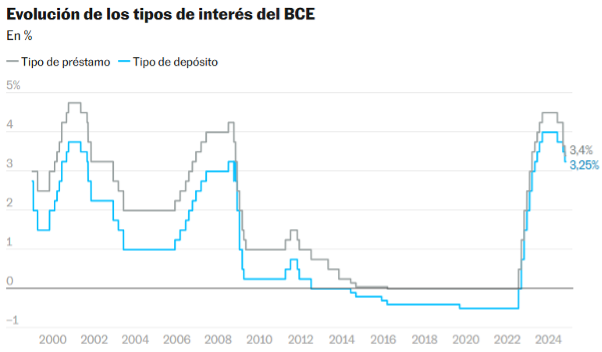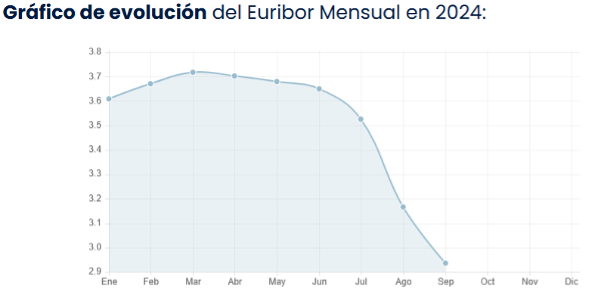French Interest-Paying Bank Accounts
Whether your level of savings is modest or if your financial circumstances are more comfortable, we recommend that everyone considers using one or more of these accounts available from all banks in France.
These accounts pay interest and there are several available, depending on your circumstances, all providing a modest risk-free return on your savings.
In addition to paying interest on funds deposited, the other benefit common to all these accounts is that the interest payable is exempt from tax and social charges.
Livret A
Eligibility: Open to everyone with a minimum deposit of €10 (only one account per person) and offered by all banks. There are no requirements in relation to age, nationality or tax residence.
Permitted Value: Once the balance of the account reaches €22,950 (whether by deposits or interest or a combination of both), no further deposits can be made but interest can take the balance beyond this maximum.
Current Rate of Interest: 3% per annum
Livret de Développement Durable et Solidaire (LDDS)
Eligibility: Available only to adults who are tax resident in France and offered by all banks. Only one account per adult and no more than two accounts per tax household.
Permitted Value: Once the balance of the account reaches €12,000 (whether by deposits or interest or a combination of both), no further deposits can be made but interest can take the balance beyond this maximum.
Current Rate of Interest: 3% per annum
If you are an adult tax resident in France, it is possible to hold one each of the above. For example, a married couple can hold two Livret A and two LDDS accounts between them with a maximum deposit of €69,900.
Livret d’Epargne Populaire (LEP)
Eligibility: Available at banks, this account is specifically for those on more modest incomes. This account is only for adults and those who are tax resident in France with a limit of two accounts in a tax household.
As this account is focussed on those on modest incomes only, income ceilings apply. If opening an account in 2024, your tax income in 2023 will be referenced. For example, for a 1-part tax household, the ceiling is currently €22,419 and for a 2-part tax household, €34,393.
Permitted Value: Once the balance of the account reaches €10,000 (whether by deposits or interest or a combination of both), no further deposits can be made but interest can take the balance beyond this maximum.
Current Rate of Interest: 4% per annum
Livret Jeune
Eligibility: This account is reserved for young individuals between the ages of 12 and 25 years. An account can be opened with a minimum deposit of €10 with funds freely available from the age of 18 years. Up until the age of 16, minors must obtain the authorisation of their legal representative to make a withdrawal and between 16 and 18 years of age the legal representative has the right to object to a withdrawal request. Only one account is allowed per person.
Permitted Value: Once the balance of the account reaches €1,600 (whether by deposits or interest or a combination of both), no further deposits can be made but interest can take the balance beyond this maximum.
Current Rate of Interest: The current rate of interest can be set freely by the bank but must be no lower than that of the Livret A (currently 3% pa).
The accounts outlined above are always worth using for immediately accessible funds which provide a return which is exempt from tax and social charges, however, the interest rates currently available are the highest for years and will start to decline, with a first reduction likely in January 2025.
Next time
In our next article we will focus on savings/investments where no limits on the investment value exist and where the potential for greater returns is possible. With additional benefits, including tax efficiency and significant inheritance benefits, all roads lead to the Assurance Vie!
If there are any subjects you would like us to cover in one of these articles or if you would like to contact one of our advisers for a financial consultation (no fee), then please get in touch at info@spectrum-ifa.com


























![IMG-20241008-WA0007[2]](https://spectrum-ifa.com/wp-content/uploads/2024/10/IMG-20241008-WA00072-900x1200.jpg)
